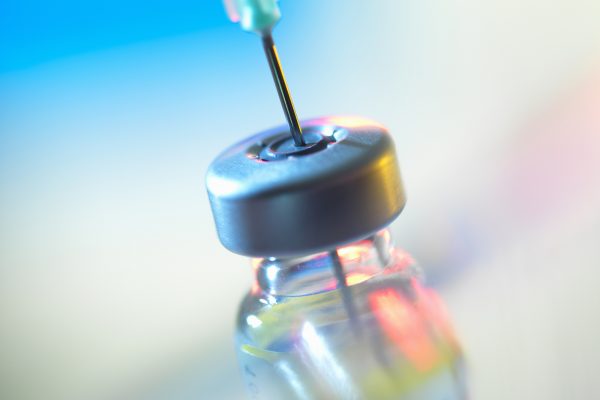
Young patients with acute lymphoblastic leukaemia (ALL) may benefit from being treated as “old children” instead of “young adults”.
Adolescents and young adults who received a paediatric treatment showed better results compared to earlier studies. These findings were published in Blood. “The results of the CALGB 10403 study are crucial for future decision making regarding ALL treatments”, says researcher Wendy Stock from Chicago University.
The prospective CALGB 10403 study consisted of 318 patients (age: 17 to 39) from more than 70 different countries. Out of these patients, 295 patients received intensive paediatric treatment, resulting in event-free survival of 71.8 months. Previous studies demonstrated an event-free survival of 30 months.
The main difference between the paediatric and adult approach is the intensity of the treatment. In contrast to the adult treatment, the paediatric regimen consists of higher doses and prolonged duration of the drug, in order to prevent spreading of the disease to the brain stem and spinal cord. Children usually respond better to anti-leukaemia therapy, due to the lack of health problems that can get worse in combination with the treatment.2 Up until now it was not clear whether adolescents and young adults could handle this intensive form of treatment. However, apart from minor hepatic and thrombotic complications, no severe side effects could be observed.
Remarkably, patients with (severe) obesity, showed significantly worse survival rates compared to other patients. The underlying mechanisms behind this link remain to be investigated.
Young patients who received intensive paediatric treatments showed promising results. Whether older patients also benefit from this regimen is still unclear. However, researchers expect an increase in toxicity and side effects in older patients.
SOURCE